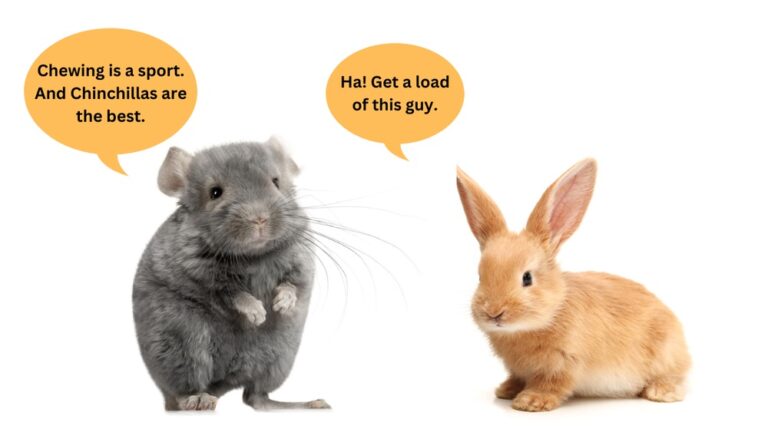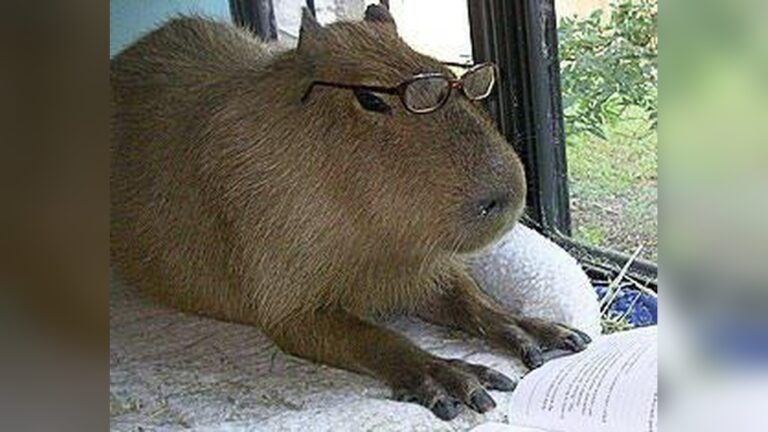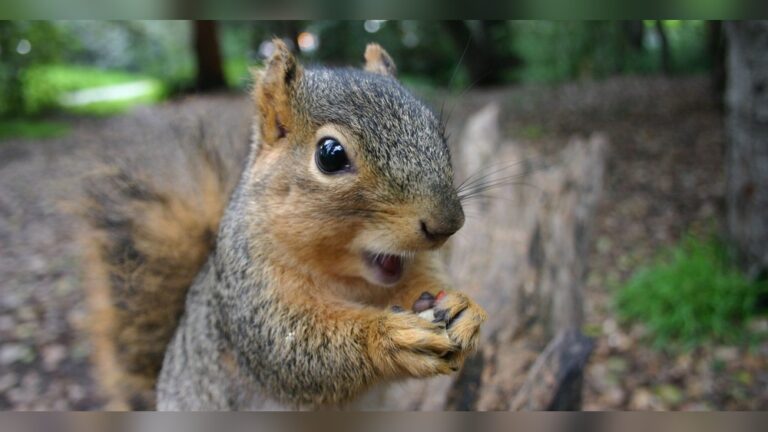Are Raccoon Rodents? Unveiling Surprising Wildlife Facts
Have you ever wondered if raccoons are rodents? It’s a common question that confuses many people.
You might see a raccoon’s furry face and sharp claws and think it belongs to the same family as rats or mice. But is that really true? Understanding the difference can change how you see these curious creatures and help you learn more about the animal world around you.
Keep reading, and you’ll discover surprising facts that will clear up this mystery once and for all.
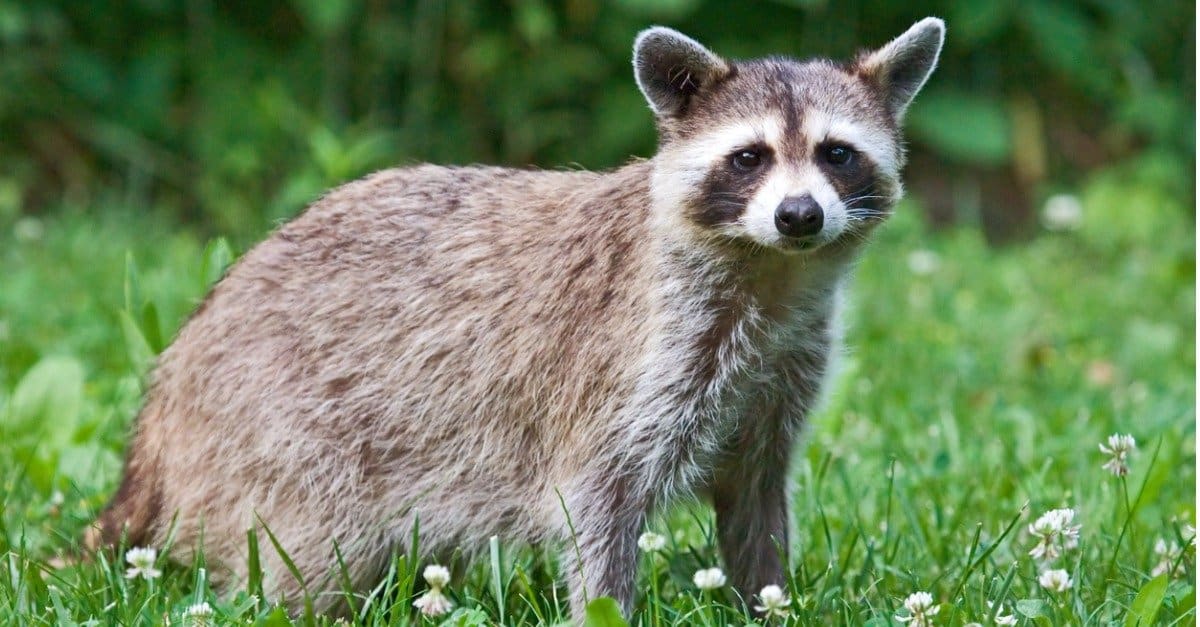
Credit: a-z-animals.com
Raccoon Classification
Raccoons are common animals in many parts of the world. Many people wonder if raccoons are rodents. Understanding their classification helps clear this up. Their place in the animal kingdom reveals what type of creature they truly are.
Raccoons belong to a unique group. They share traits with some animals but differ greatly from others. Let’s explore their classification in detail.
Mammal Or Rodent?
Raccoons are mammals, not rodents. Mammals have fur and feed their babies milk. Rodents are a different group with sharp front teeth for gnawing. Raccoons do not have these teeth. They have paws and claws, which rodents lack. This makes raccoons closer to mammals like bears than to rats or mice.
Family And Genus Details
Raccoons belong to the family Procyonidae. This family includes animals like coatis and kinkajous. Their genus is Procyon. The scientific name for the common raccoon is Procyon lotor. This shows they form a small group separate from rodents. Their family traits include climbing skills and omnivorous diets. These details help scientists understand their behavior and biology better.
Physical Traits
Raccoons have unique physical traits that set them apart from rodents. Their build and features often confuse many about their true classification. Understanding these traits helps clarify their identity.
Size And Appearance
Raccoons are medium-sized mammals. They usually weigh between 10 and 20 pounds. Their body length ranges from 16 to 28 inches, excluding the tail. Raccoons have a sturdy build with thick fur. Their fur varies from gray to brown. This helps them blend into forests and urban areas.
Distinctive Features
Raccoons have a black “mask” of fur around their eyes. This mask is one of their most famous features. They also have ringed tails with several black bands. Their front paws look like human hands. These paws allow raccoons to grasp and manipulate objects well. Their ears are small and rounded, adding to their alert look.
Behavior And Habits
Raccoons have unique behavior and habits that differ from rodents. Understanding how they act helps clear up common confusions. Their habits reveal much about their nature and lifestyle.
Diet And Feeding Patterns
Raccoons eat a wide variety of foods. They are omnivores, meaning they eat both plants and animals. Their diet includes fruits, nuts, insects, small fish, and even garbage. They often search for food near water sources. Raccoons use their front paws to catch and hold food. They are mostly active at night, feeding under the cover of darkness. This nocturnal habit helps them avoid predators and humans.
Social Behavior
Raccoons are mostly solitary animals. They prefer to live alone except during breeding season or when mothers raise their young. Males have larger territories that sometimes overlap with females. Communication happens through sounds, body language, and scent marking. They can be curious and intelligent, often exploring new environments. Despite their solitary nature, raccoons may share food sources or rest areas without conflict.
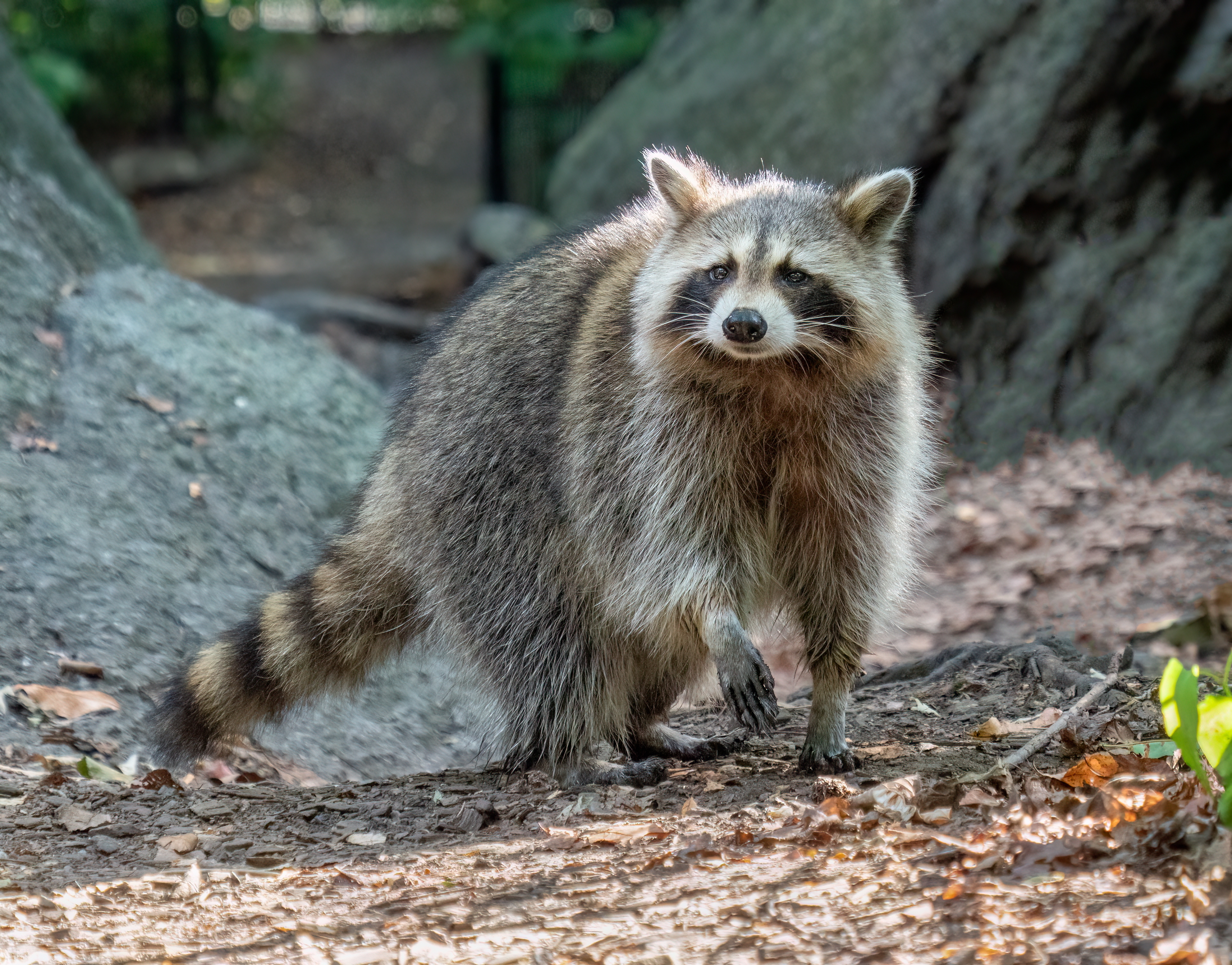
Credit: en.wikipedia.org
Common Rodents Vs. Raccoons
People often confuse raccoons with rodents because of their size and habits. Both animals live near humans and can be seen scavenging for food. Understanding the differences helps to identify them correctly. This section compares common rodents and raccoons.
Rodent Characteristics
Rodents include mice, rats, squirrels, and beavers. They have sharp, continuously growing front teeth. These teeth help them gnaw through food and materials. Rodents usually have small, rounded bodies and long tails. They are often nocturnal and quick movers. Most rodents build nests or burrows for shelter.
Key Differences
Raccoons are not rodents. They belong to the Procyonidae family, which is different from rodents. Raccoons have paws with five fingers, almost like human hands. They use these paws to grab and open food. Raccoons have a mask-like black marking on their faces. Their bodies are larger and more robust than rodents. Unlike rodents, raccoons do not have constantly growing teeth. They are also more curious and intelligent compared to rodents.
Raccoon Habitat
Raccoons live in many places. They are very good at finding safe homes. Their habitat plays a big role in their life. It gives them food, shelter, and safety. Raccoons are not rodents, but their homes can seem similar to some rodents’ places.
Natural Environments
Raccoons live near water like rivers, lakes, and streams. They choose forests with many trees. Trees give them places to rest and hide. Raccoons also live in swamps and wetlands. These areas have lots of food like fish and insects. Raccoons are active at night. They use trees and bushes to stay safe from predators.
Adaptation To Urban Areas
Raccoons are good at living near humans. They find food in trash cans and gardens. They hide in attics, chimneys, and garages. Cities offer warm shelters and many food sources. Raccoons change their habits to live in towns. They become less afraid of people. This helps them survive in busy areas. Their ability to adapt is key to their success.
Surprising Wildlife Facts
Raccoons are often misunderstood animals. Many people think they are rodents because of their size and sharp teeth. But raccoons belong to a different group called Procyonidae. They share some traits with rodents but have unique qualities. Let’s explore some surprising facts about raccoons that show their true nature.
Intelligence And Problem Solving
Raccoons are very smart animals. They can remember solutions to problems for years. Studies show they can open jars and solve puzzles quickly. This skill helps them find food in tricky places. Their hands are very nimble, almost like human hands. This ability makes them excellent at exploring and adapting.
Role In Ecosystems
Raccoons play an important part in nature. They eat many insects, fruits, and small animals. This helps control pest populations naturally. Their digging also helps mix soil and spread seeds. These actions support plant growth and forest health. Raccoons are a key part of many ecosystems.

Credit: bailyagency.com
How Smart Pets Lover Can Help You with Are Raccoon Rodents
Exploring Whether Raccoons Are Rodents: A Learning Opportunity
If you’ve ever wondered, “Are raccoons rodents?” you’re not alone. Understanding raccoon classification offers a fascinating glimpse into the animal kingdom, helping us appreciate their unique physical traits and behaviors compared to common rodents. While raccoons share some traits with rodents, such as size and nocturnal habits, they actually belong to a different family, Procyonidae, setting them apart from true rodents.
For pet parents and wildlife enthusiasts alike, diving into raccoon habitat and behavior can be a practical way to learn about responsible coexistence with local wildlife. Observing how raccoons adapt to urban environments, for example, can teach us valuable lessons about animal habits and the importance of respecting their space.
At Smart Pets Lover, we believe every encounter with animals—whether a furry friend at home or a curious raccoon in the wild—can deepen your connection to nature. If you want to explore more about animal classifications or need advice on safely observing wildlife, don’t hesitate to reach out to trusted resources or local wildlife experts. Learning is a journey, and every question opens the door to a richer story.
Frequently Asked Questions
Are Raccoons Classified As Rodents?
No, raccoons are not rodents. They belong to the Procyonidae family, which is different from rodents. Raccoons are mammals related to bears and mustelids, not rodents like rats or squirrels.
What Distinguishes Raccoons From Rodents?
Raccoons have distinct features like dexterous front paws and facial masks. Rodents have continuously growing incisors. Raccoons also have a different diet and behavior compared to rodents.
Do Raccoons Share Habitats With Rodents?
Yes, raccoons and rodents often share environments like forests and urban areas. However, their ecological roles and behaviors differ significantly despite living in similar habitats.
Can Raccoons Transmit Diseases Like Rodents?
Raccoons can carry diseases such as rabies and roundworms. While rodents also spread diseases, raccoons pose different health risks and require separate management strategies.
Conclusion
Raccoons are not rodents, but mammals from a different family. They have unique traits that set them apart from rodents. People often confuse them due to their size and behavior. Understanding this helps us respect wildlife better. Knowing facts about raccoons keeps us informed and curious.
Learning about animals brings us closer to nature. Keep exploring the animal world with simple questions like this. It’s fun and educational.


